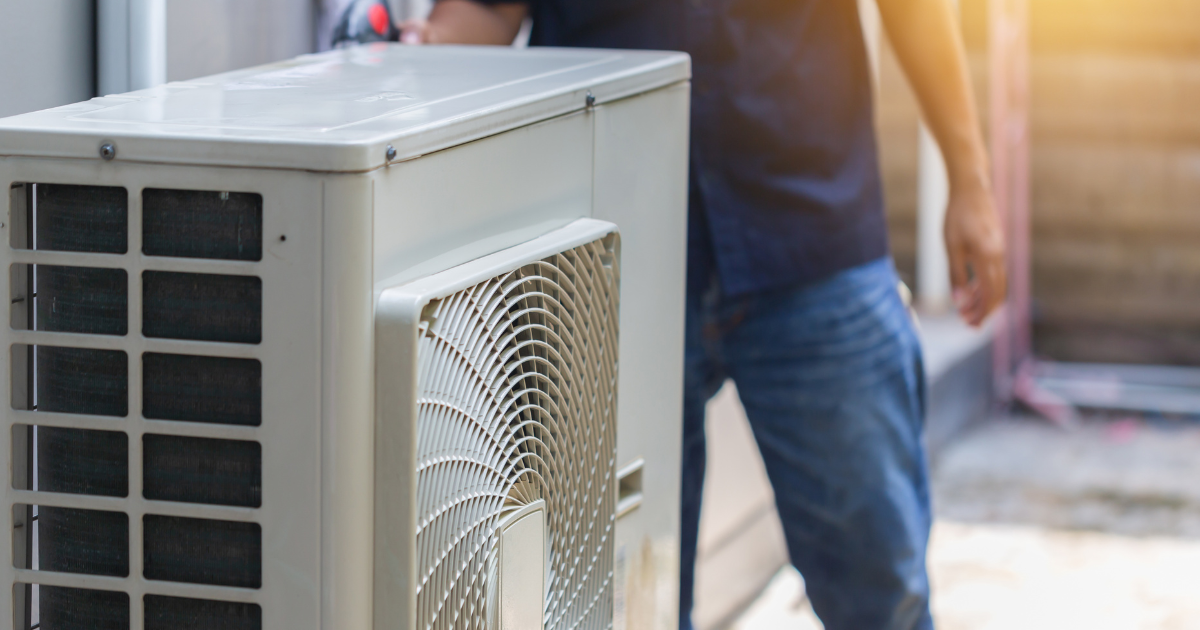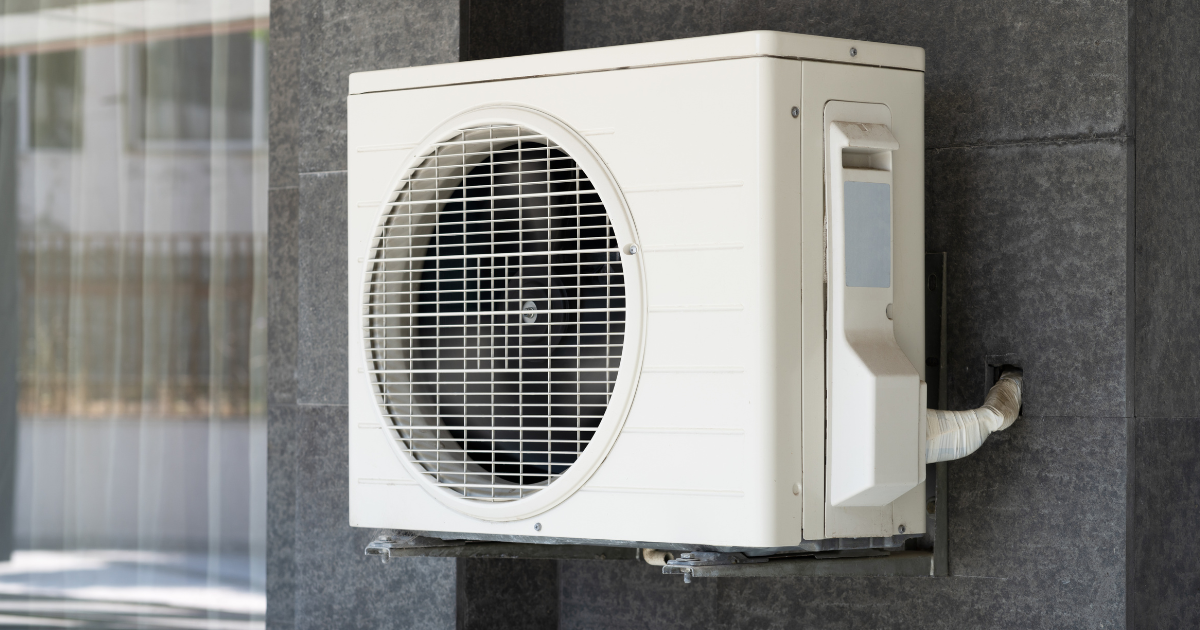The Pros and Cons of Solar Powered HVAC
As we move toward a more sustainable future, countless industries are beginning to harness the possibilities of renewable energy, and the HVAC sector is no exception.
A solar-powered air conditioner is simply an HVAC device that uses the photovoltaic cells on a solar panel to convert the power of the sun into a usable alternating current. It can be a solar-only unit or part of a home electrical system that derives its power from the sun. When sun exposure is significant, an internal battery can store a charge that can be used on cloudier days.
Let’s look at the advantages and disadvantages of a solar-powered HVAC system, as well as the considerations you should bear in mind before installing one.
Why Choose Solar HVAC?
From reducing your carbon footprint to potentially increasing your home’s value, solar panels are a great way to invest in your future. Some of the most obvious benefits to consider are:
You’ll save money: Though the initial cost of panel installation is high, most experts believe that these investments pay for themselves over time, particularly if you use them for more than just heating and cooling. Remember: you can use your solar energy for a range of utilities, too, and you may be able to sell energy that you don’t use back to the power company.
You’ll protect the environment: Solar power is a sustainable energy source that doesn’t create pollution or greenhouse gas emissions that harm the environment. Installing panels could be your way of giving back to the planet.
They’re durable: Most solar HVAC systems are more reliable than traditional units. Not only that, but many come with warranties that can last between 10 and 25 years.
Are There Any Downsides?
Because solar-powered systems rely on sunlight to create energy, a lack of sun exposure could cause your power supply to suffer. Solar panels can also deteriorate, particularly if you don’t care for them correctly. Everything from adverse weather conditions to improper maintenance could be enough to impair your solar power system.
It’s also worth noting that, while there may be long-term savings, installing solar panels can easily run into the thousands of dollars. Although the Federal Residential Renewable Energy Tax Credit is a great way to save money, it will only pay for 30% of your system. That means you need to be sure that they’re the right option for you before you install them.
What to Consider Before Installation
Before you make an investment in solar power, you should carefully assess the following factors:
Your Roof Condition: Though solar panels themselves can be extremely durable with plenty of care and maintenance, it’s important to ensure that your roof is just as dependable if you want to make the most of your system.
Consider the layout and materials used on your roof. If your roof is angled so that it can’t get the right amount of sunlight throughout the day, an effective panel system might require amending the roof or placing the panels somewhere more unsightly.
Your Panel Options: Although roof-mounted panels are the most popular choice for most homeowners, they’re not your only option. If you suffer from a problematic roof, you might decide to install your solar panels on the ground instead. This is also a better solution for individuals who might have trouble getting access to a lot of sun with standard installation.
However, ground-mounted panels are often more expensive and they use up more of your outdoor space. Instead, you could consider using high-tech panel systems that track the movement of the sun automatically. While effective, these unique options will make a particularly large dent in your bank account.
Your Home Location: The more sun there is, the more benefits you’ll gain from having solar power. While it doesn’t necessarily have to be a hot day for you to start generating energy, you do need to make sure you’ve considered your home’s orientation. The orientation of your home, combined with the daily trajectory of the sun, will determine the best place to place the panels.
If you’re not sure whether a solar-powered HVAC system is right for you, talk to a professional about it. Contact Bob Jenson Air Conditioning and Heating today so our team can discuss your options with you.

Bob Jenson
For over 45 years, Bob Jenson has been providing quality heating and air services to the San Diego community.
Request Service
Please fill out the form below to request an estimate or schedule service.
"*" indicates required fields







